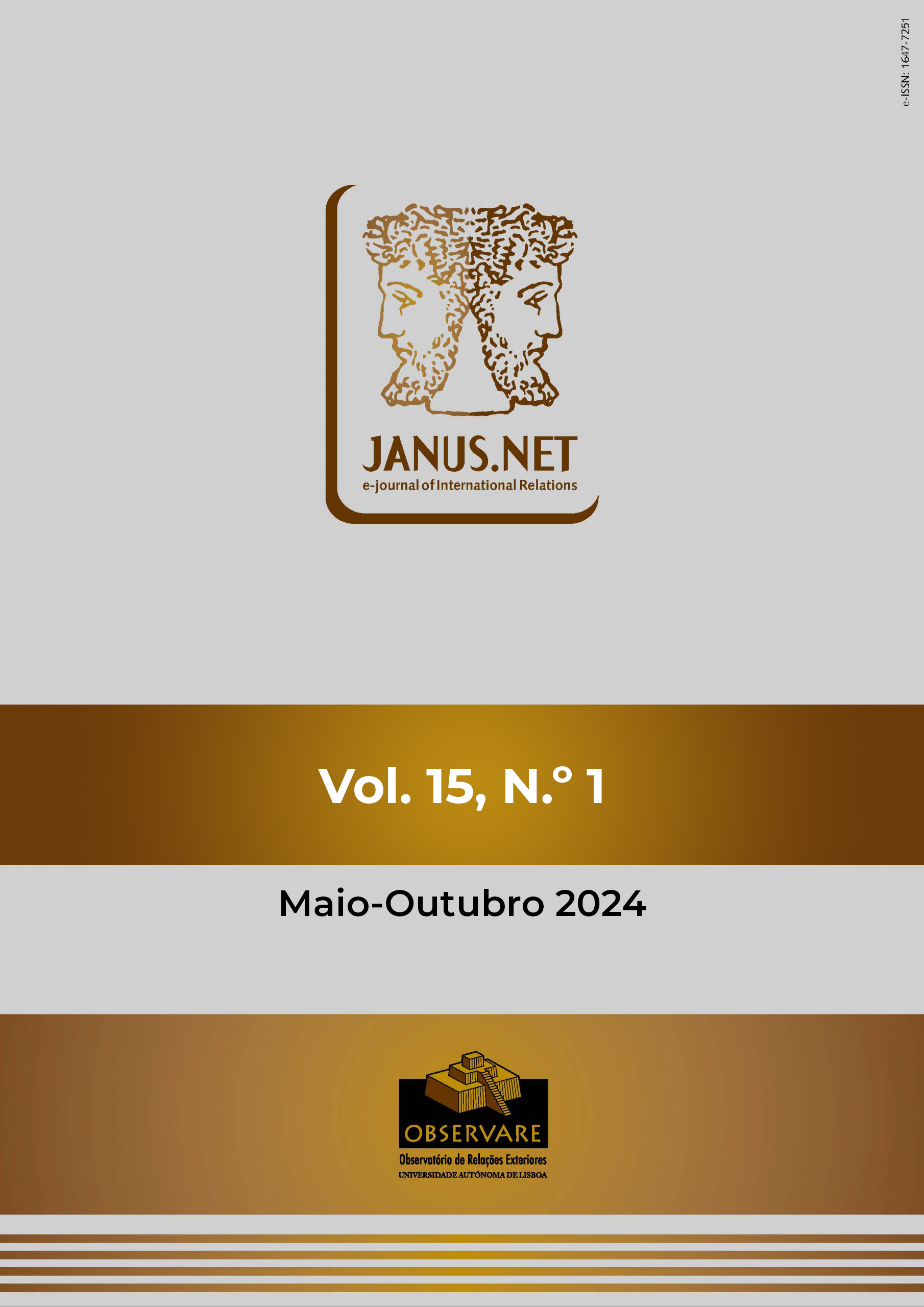A COOPERAÇÃO PARA O DESENVOLVIMENTO: PRÁTICAS E DESAFIOS DA COOPERAÇÃO ENTRE MOÇAMBIQUE E BRASIL (1975-2022)
DOI:
https://doi.org/10.26619/1647-7251.15.1.13Keywords:
South-South co-operation, development, Brazil, MozambiqueAbstract
South-South co-operation is an attractive alternative for African countries to manage the problems they face with current foreign aid mechanisms. However, it is characterised by volatility, i.e. its intensity fluctuates over time and space. In its relationship with Brazil, Mozambique has seen a recent decrease in Brazil's engagement. Although cooperation agreements were signed between those countries in various areas at the beginning of the millennium 2000, the change of government in Brazil exposed the vulnerability of cooperation between the two. Due to President Bolsonaro's anti-globalist stance, Brazil's international insertion project on a global scale was abandoned, which directly affected cooperation with Mozambique. Since Mozambique has Brazil as a strategic partner, the reduction in the latter's political engagement forces the former to rethink development strategies in the context of South-South cooperation. This political distancing between the two is not new, but tends to be reproduced in a different international context, negatively affecting Mozambique's expectations. With the aim of gaining a deeper understanding of the dynamics of development co-operation on the periphery, this article investigated the common practices and inherent challenges of co-operation between Mozambique and Brazil, based on documentary analysis and interviews.


